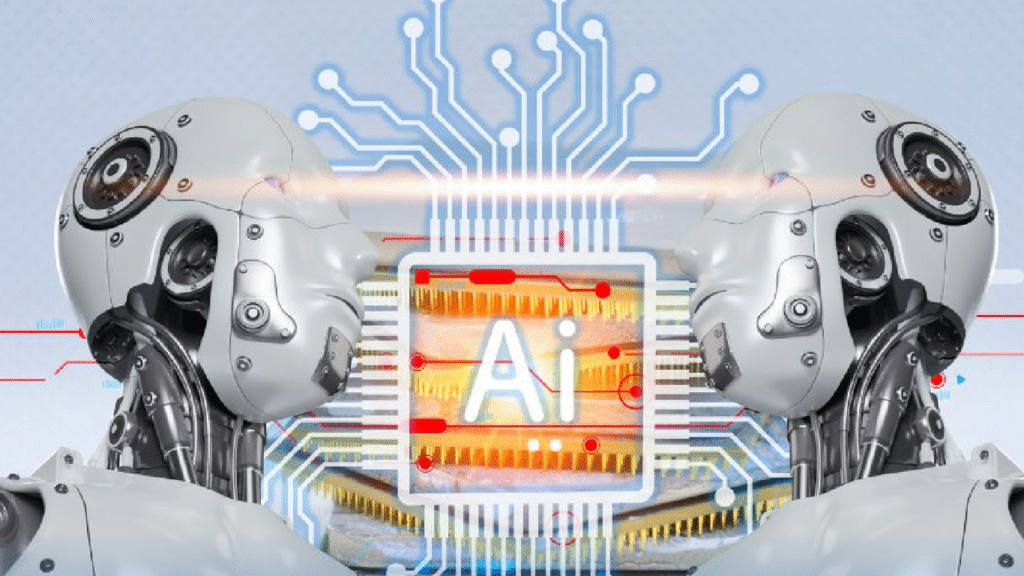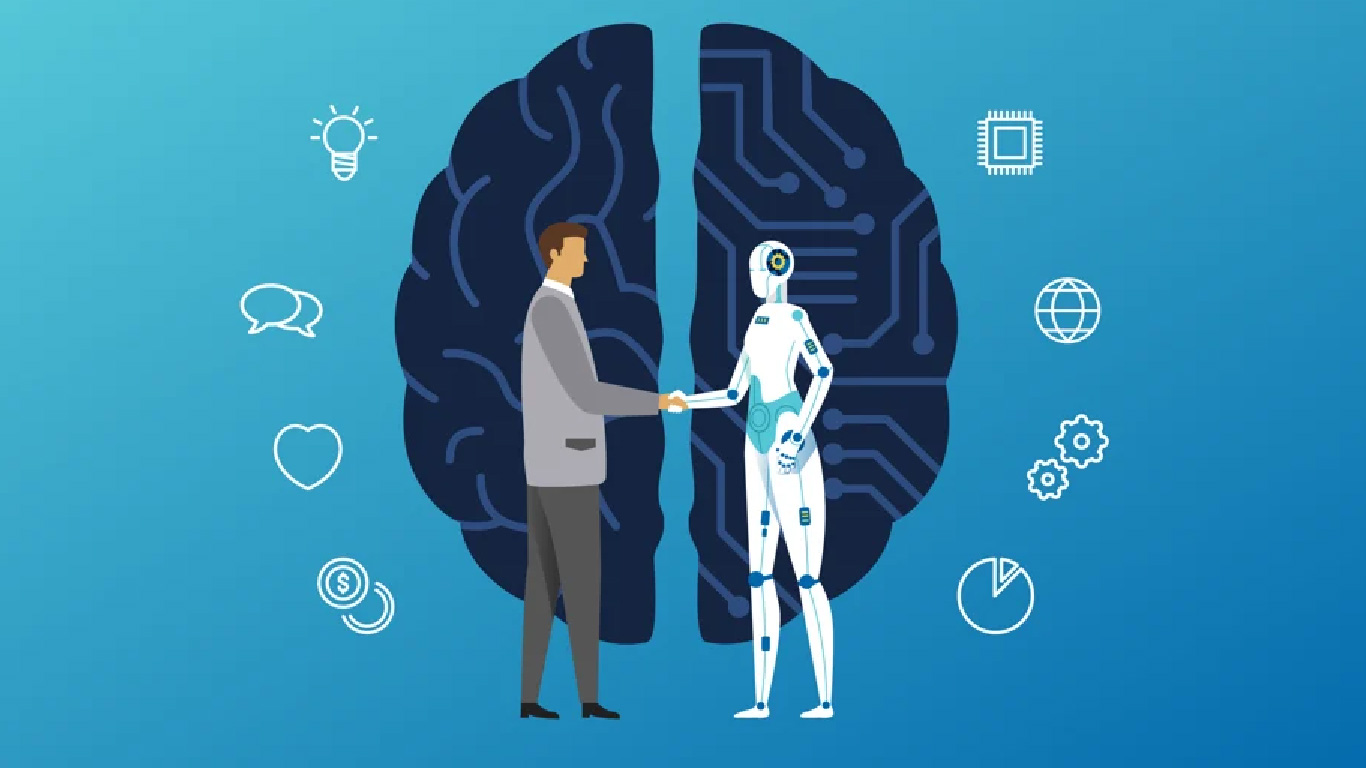Common AI Customer Service Issues & How to Fix Them
Artificial intelligence is revolutionizing customer service by offering faster response times, 24/7 availability, and automation of routine tasks. But despite its many benefits, AI customer service isn’t without challenges. Companies often run into issues that can frustrate customers or reduce the effectiveness of their AI tools.
If you’re considering AI for your customer support or you’ve already started it’s important to know the common pitfalls and how to avoid them. Here’s a rundown of the top AI customer service issues and actionable tips to fix them.
1. Misunderstanding Customer Queries
AI systems, especially chatbots, sometimes fail to grasp the full meaning of customer questions. This can lead to irrelevant answers or requests for the same information multiple times, frustrating users.
How to fix it:
- Use advanced natural language processing (NLP) models like GPT-4 to better understand intent and context.
- Continuously train your AI with real customer conversations.
- Include fallback options that escalate to human agents when the AI is unsure.
2. Lack of Personalization
Generic, robotic responses can make customers feel undervalued. If your AI doesn’t use customer data to personalize interactions, engagement drops.
How to fix it:
- Integrate AI with your CRM to access customer history and preferences.
- Program AI to tailor greetings and recommendations based on individual profiles.
- Use machine learning to adapt responses over time.
3. Bot Loop Frustration
Customers hate being stuck in endless chatbot loops where the bot can’t solve their problem and they can’t reach a human.
How to fix it:
- Make it easy for customers to request human help at any point.
- Set clear escalation rules so the bot knows when to pass the conversation to an agent.
- Ensure agents receive full context to avoid customers repeating themselves.
4. Integration Challenges
AI tools that don’t connect smoothly with existing customer service platforms create data silos and inefficiencies.
How to fix it:
- Choose AI solutions that offer seamless integration with your CRM, ticketing, and communication tools.
- Involve IT teams early in the implementation process.
- Regularly test and update integrations.
5. Privacy and Security Risks
AI systems handle sensitive customer data, so breaches or mishandling can damage trust and lead to legal issues.
How to fix it:
- Use AI vendors that comply with industry data protection standards (e.g., GDPR, CCPA).
- Encrypt data in transit and at rest.
- Be transparent with customers about data use.
6. Unrealistic Expectations
Some businesses expect AI to solve every customer service problem instantly, leading to disappointment when bots fall short.
How to fix it:
- Set clear, realistic goals for AI capabilities.
- Communicate openly with customers about what AI can and can’t do.
- Start with automating simple tasks and expand gradually.
7. Overreliance on Automation
Relying too heavily on AI risks losing the human touch that builds trust and loyalty.
How to fix it:
- Balance AI with human agents who handle complex or emotional issues.
- Use AI as a tool to assist, not replace, humans.
- Train agents to work alongside AI for best results.

Final Thoughts
AI customer service is a powerful tool. But it’s not without its bumps. By understanding common issues and proactively addressing them, businesses can create AI-powered support that truly delights customers and enhances the human experience.
Remember, the best AI customer service solutions combine the speed and efficiency of automation with the empathy and insight of real people.
The Future is Here… And it just answered your call.
MEET YOUR NEW CALL CENTER.
Find out more about Customer2AI. CLICK HERE>
Here is another article we know you find to be very interesting. CLICK HERE>





